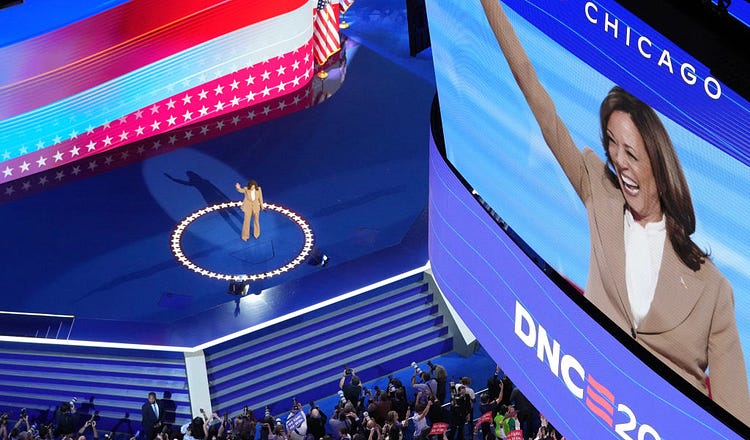How Long Can Kamala Harris Avoid the Press?

The reasons for Harris’s evasion of the press are her own, but we think she has two chief motivations. (Photo by Andrew Harnik via Getty Images)
The vice president thinks that joy can get her to the White House. We have our doubts.
503
It has been a month since Vice President Kamala Harris became the presumptive Democratic presidential nominee. And a glorious month it’s been for Democrats, with an energized party, large, enthusiastic crowds, and adoring press coverage. “Our next president brings the joy,” said Tim Walz, her vice-presidential choice, at a rally in Detroit.
But with all …
Continue Reading The Free Press
To support our journalism, and unlock all of our investigative stories and provocative commentary about the world as it actually is, subscribe below.
$8.33/month
Billed as $100 yearly
$10/month
Billed as $10 monthly
Already have an account?
Sign In

